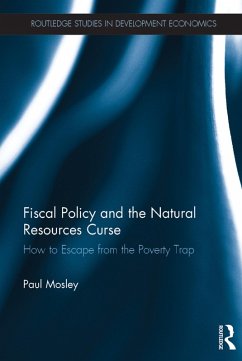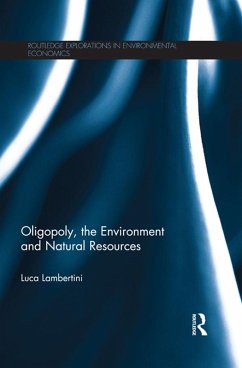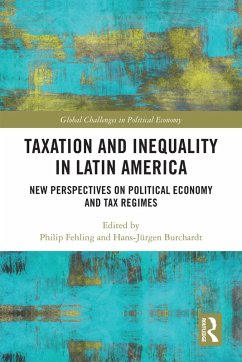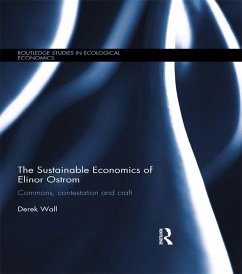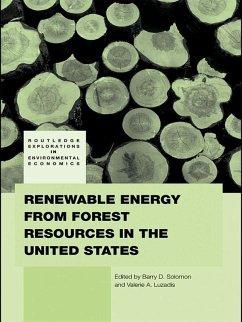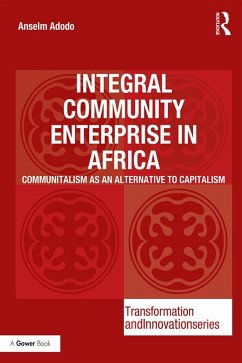
The Economics of Natural Resources in Latin America (eBook, PDF)
Taxation and Regulation of the Extractive Industries
Redaktion: Manzano M., Osmel E.; Powell, Andrew; Navajas, Fernando
Versandkostenfrei!
Sofort per Download lieferbar
43,95 €
inkl. MwSt.
Weitere Ausgaben:

PAYBACK Punkte
22 °P sammeln!
Revenues from commodities are extremely important for Latin America and the Caribbean, yet there is very little literature on the structure of these industries and on the various ways in which the state obtains commodity revenues. This book aims to understand the trade-off between the degree of taxation overall, the profitability of the relevant industry and the amount of investment and subsequent production in the region, as well as the relevance of institutions in the performance of the sector.This volume focuses on economic efficiency: where Latin America stands in terms of the current tax ...
Revenues from commodities are extremely important for Latin America and the Caribbean, yet there is very little literature on the structure of these industries and on the various ways in which the state obtains commodity revenues. This book aims to understand the trade-off between the degree of taxation overall, the profitability of the relevant industry and the amount of investment and subsequent production in the region, as well as the relevance of institutions in the performance of the sector.
This volume focuses on economic efficiency: where Latin America stands in terms of the current tax system for the extractive sector; how policies have changed in this regard; and how policies may be improved. The Economics of Natural Resources in Latin America is timely, since this new era of lower and volatile prices and possible reconfiguration of investment flows poses a challenge to natural resource tax systems in the world. The argument of the book will be made by a collection of papers around the issue of tax efficiency in the region and concludes with chapters on institutions and the role of transparency.
This book shows that there are varieties of experiences in resource taxation and management of revenues in Latin America that could be used to shape policy interventions in other regions. This variety is not only related to their diverse impact on welfare, but also on the policy challenges faced by the countries in the region. This volume is well suited for those who study and find interest in development economics, political economy and public finance, as well as policy
This volume focuses on economic efficiency: where Latin America stands in terms of the current tax system for the extractive sector; how policies have changed in this regard; and how policies may be improved. The Economics of Natural Resources in Latin America is timely, since this new era of lower and volatile prices and possible reconfiguration of investment flows poses a challenge to natural resource tax systems in the world. The argument of the book will be made by a collection of papers around the issue of tax efficiency in the region and concludes with chapters on institutions and the role of transparency.
This book shows that there are varieties of experiences in resource taxation and management of revenues in Latin America that could be used to shape policy interventions in other regions. This variety is not only related to their diverse impact on welfare, but also on the policy challenges faced by the countries in the region. This volume is well suited for those who study and find interest in development economics, political economy and public finance, as well as policy
Dieser Download kann aus rechtlichen Gründen nur mit Rechnungsadresse in A, B, BG, CY, CZ, D, DK, EW, E, FIN, F, GR, HR, H, IRL, I, LT, L, LR, M, NL, PL, P, R, S, SLO, SK ausgeliefert werden.




